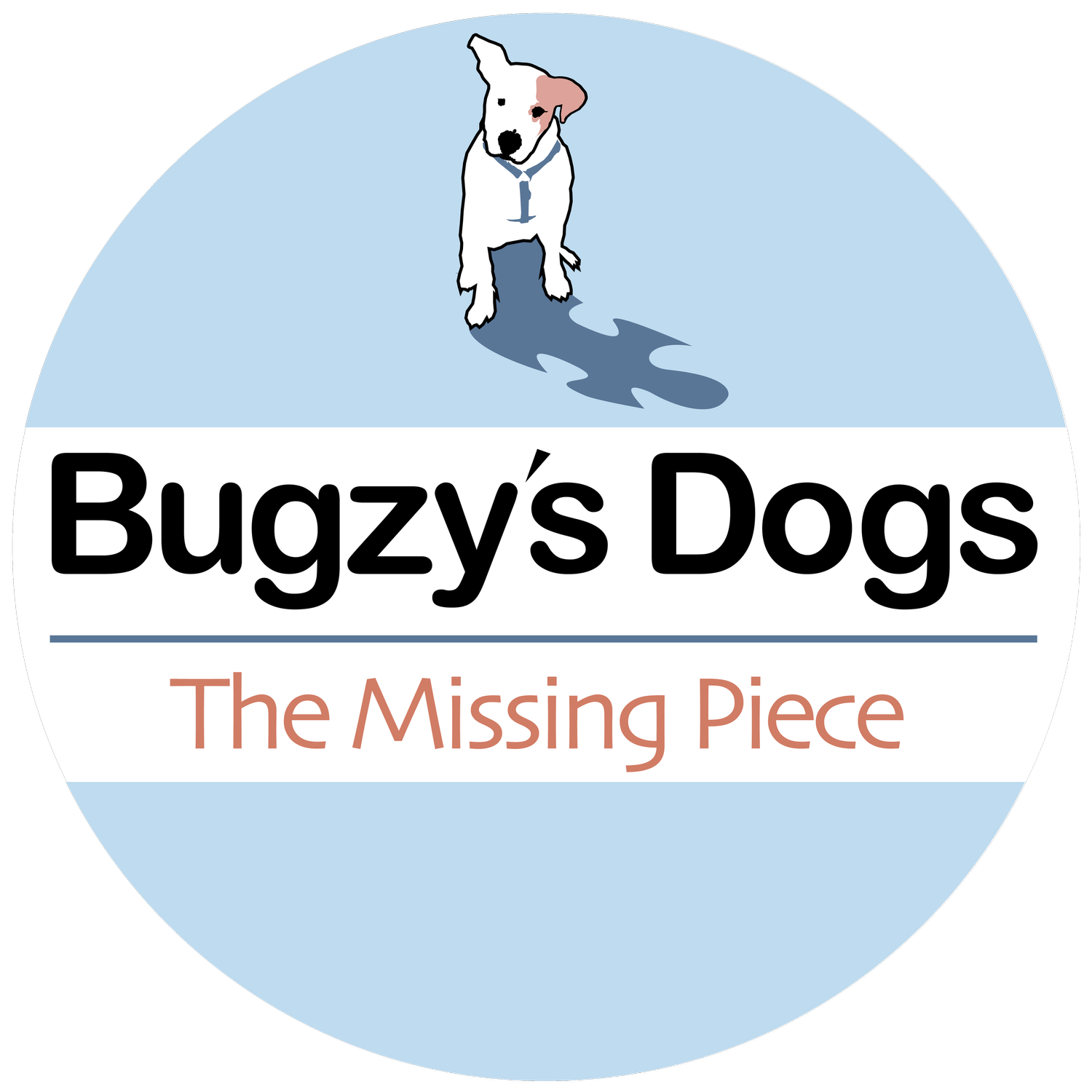Dog Training vs Dog Behaviour
What is the difference between dog training and behaviour struggles, and why is this important for dog owners?
Generally speaking, where struggles are present in all but young puppies, there will be elements of both training and behaviour needs as the two elements are very closely linked.
If we think about something simple such as recall, we can see how training and behaviour struggles can co-exist.
In this blog, I show the importance of delving a little deeper into struggle to identify whether it can be addressed with a training programme or whether some form of behaviour modification is needed.
This distinction is important for when you are looking for a professional to help you. A trainer who has knowledge of both behaviour modification and training techniques will help you achieve the best outcome.
Recall
When I got Flash, my youngest puppy, I started training him to come back to me. He learned his recall easily and would come away from difficult distractions at distance. He would turn on a sixpence and fly back to me.
So far so good, training had worked well.
When he was 6 months old, everything started to change. Gradually, I noticed, he was less keen to come back. I had to repeat his recall cue and soon he was ignoring that too.
He didn’t want to hang out with me anymore, he wanted to run off and explore.
What had gone wrong?
In a word, Adolescence.
Dog adolescence affects behaviour
Hormonal and neurological changes that take place during adolescence can cause behaviour changes, this can manifest as running off after scents, increased arousal levels, and testing boundaries, among others.
Flash was no longer responding to cues which he previously understood and reacted to.
Understanding the effect of adolescence on a young dog’s behaviour is essential to ensure that the correct interventions can be put in place.
Loose Lead Walking
Let’s suppose you have trained your dog to walk nicely on the lead.
You have practiced in different environments and they really understand what you want, you have trained the skill.
You might then notice the behaviour becomes less reliable and they are pulling on the lead. The next thing you know, you’re being dragged down the street or from side to side as they lunge off to investigate different smells.
How can this change occur?
Dogs are very good at understanding routines and patterns.
If every time you and your dog go out on the lead they end up at the park, where your dog will race around with their doggy pals for an hour, and become very excited, they will start to anticipate that every time they leave the house they are on their way to the park.
This will cause their arousal (excitement) to increase.
As their arousal increases, their ability to perform loose lead walking (which requires a high level of self control) declines.
In this case, we need to address the arousal in order to bring about an improvement in the loose lead walking, rather than working solely on loose lead walking itself.
Assessment of dog behaviour
From these examples, you can see why it is very difficult, if not impossible, to give training or behaviour advice without carrying out an assessment.
The Dog Behaviour Assessment Questionnaire helps me to decide whether a struggle is predominantly training or whether there is a behaviour element which also needs to be addressed.
Sometimes, it’s really helpful to arrange a one off Assessment Session where we can meet and discuss your struggles in person.
I can advise on whether a Training Bundle or a Behaviour Consultation is most appropriate.
Not every dog has the same behaviour issue
Two dogs may present with the same difficulty, ‘recall struggles’ or ‘pulling on the lead’, but because of the context, the input they require will be different.
It is often the case, that a combination of behaviour and training techniques are needed to bring about the best results for a dog and their family.
I am always happy to discuss your issues on the telephone. Please message me to arrange a convenient time.
If you want to know more about what I do, please follow me on Instagram bugzys_dogs or Facebook Bugzys dogs
